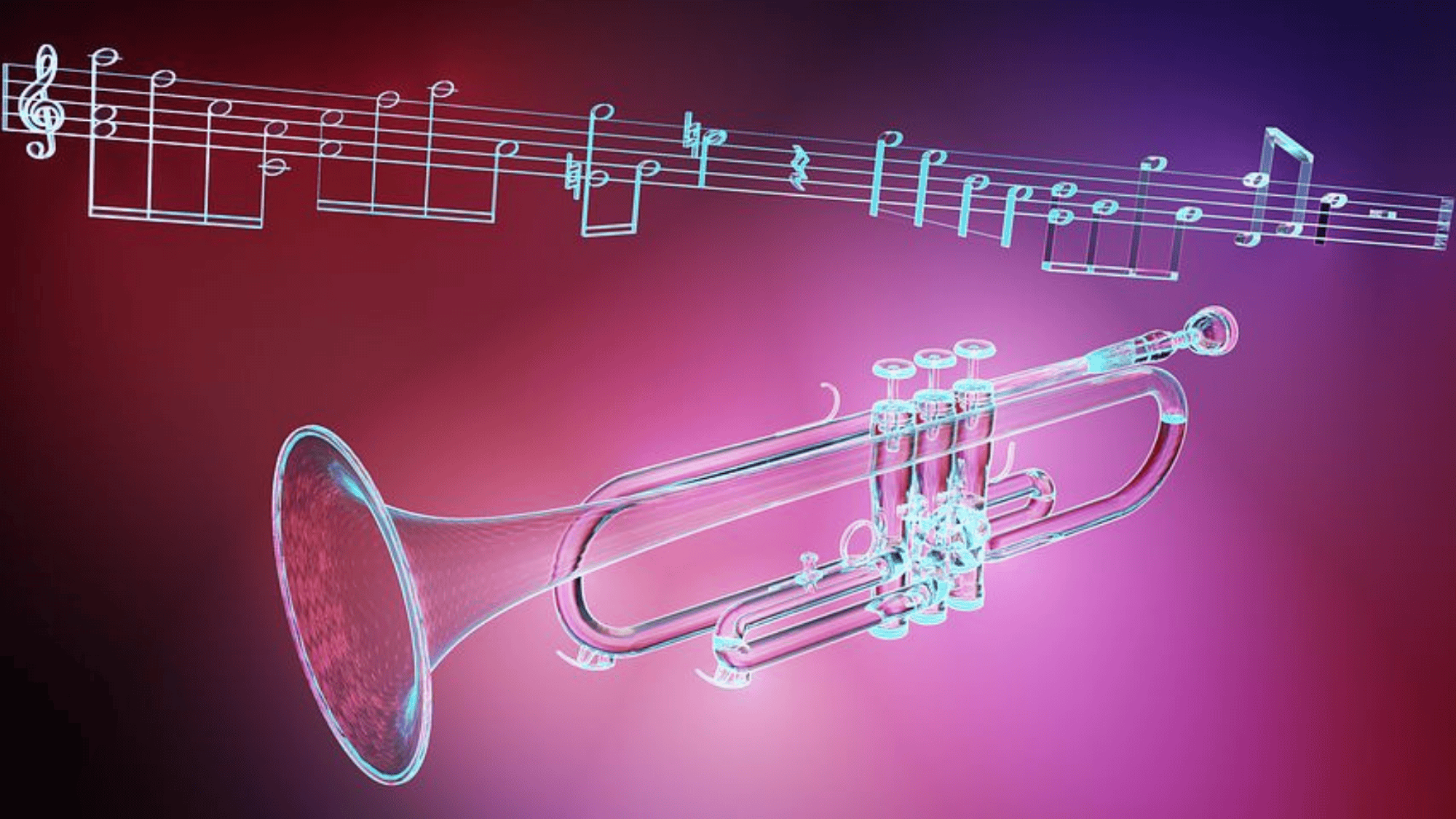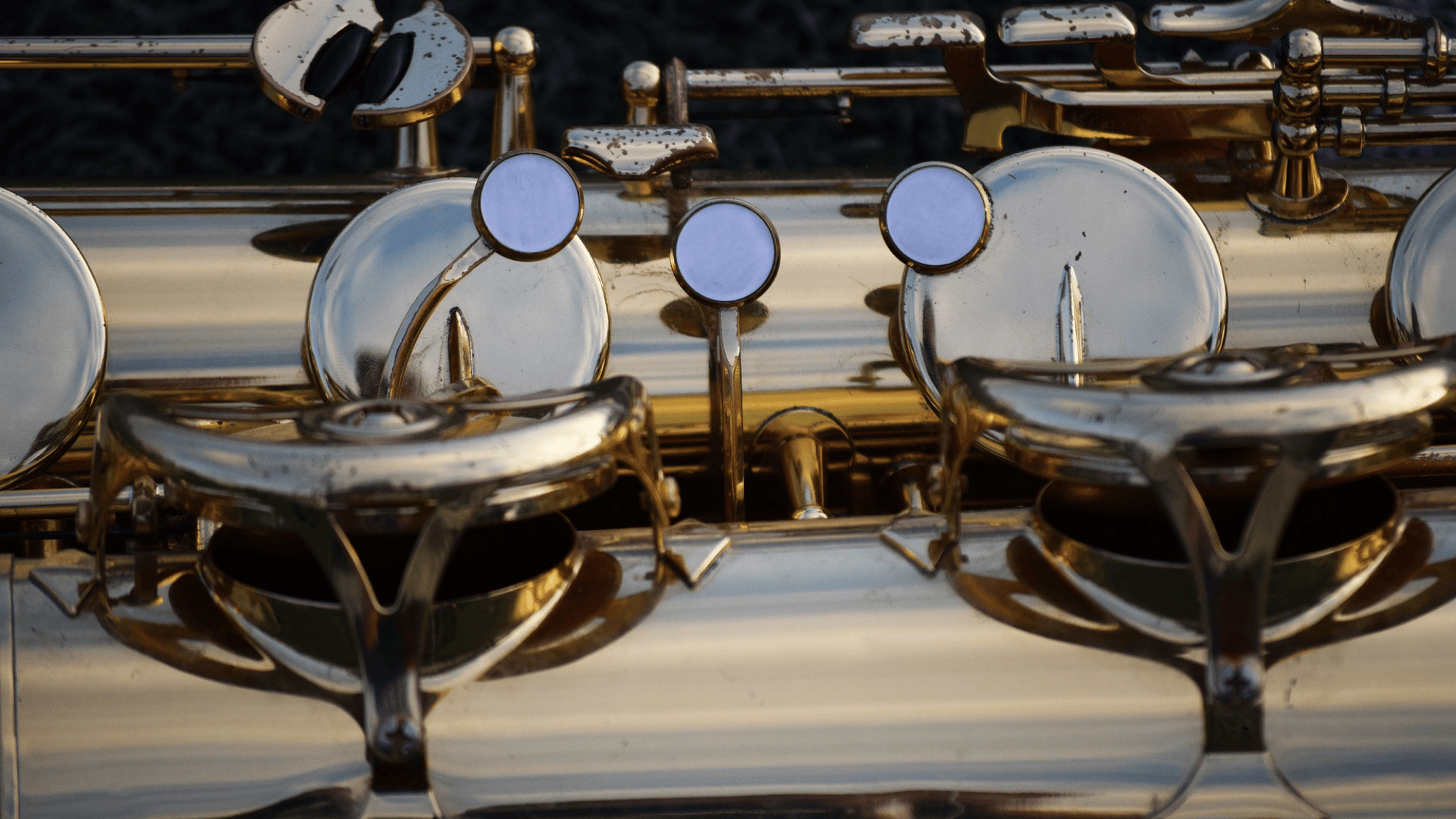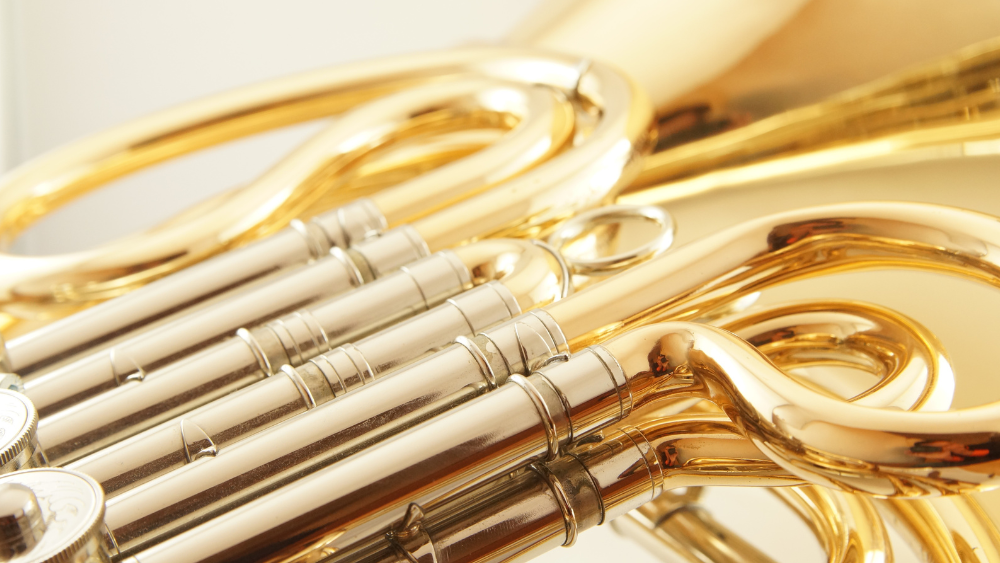I often ask my students – when they don’t appear to have practiced – “How many times have you seen your horn since our last lesson?” This is my way of making the student aware that their practice time is not adequate in quantity and quality. Imagine how much opportunity for improvement is missed by those who take significant “time off” during the summer. I often relate my personal story of how I became inspired to practice when I was in the 8th grade because my friends who had started at the same time as me (fifth grade) had become much better players. I had not learned how to read music well and practiced very little. To catch up, I took the beginning band books and practiced through them, teaching myself to read rhythms correctly. By the 10th grade, all those players who had been better than me were “in my rearview mirror” and they never caught up! I had practiced while they were sleeping in terms of improvement. More importantly, my former poor player stigma was left behind. My practice during the summers had much to do with that improvement.
Using the summer months to focus on our weakest areas can reap benefits for the upcoming school year and for years to come. Please resist the urge to slack off on practice or to put the horn away for the season. If you do that, your progress will not only stop, but you will lose much of what you have gained during the previous year.
Here are seven ideas to consider when planning your summer musical activities:
- Set up a daily practice routine. Decide on an area of weakness or an upcoming audition on which to focus. You can work in a certain method book or choose etudes and studies from several that approach the same weakness from different angles. Gordon Mathie’s book The Trumpet Teacher’s Guide identifies 40 musical problems and recommends specific etudes to remedy them. The Arban Complete Conservatory Method contains copious studies in tone, scales, flexibility, articulation, etc. The etude books by Sigmund Hering such as The Achieving Trumpeter (Carl Fischer, 1961) are also great sources. Take advantage of their contents!
- Take lessons. Even if it is only one lesson from a good teacher during the summer, it will make a difference. If possible, try to go beyond your current teacher or director. This will open doors. I did not have a budget for lessons during the summer, but I managed to take lessons from other directors who played trumpet and were willing to teach me one or two lessons at an affordable rate.
- Go to a music camp. Your school band camp is great, but try to attend a camp that emphasizes applied study. Here is a website that has information on camps in all 50 states: https://majoringinmusic.com/summer-music-camps. This site allows you to search your geographical area as well as musical level and interest.
- Play duets. Find another player of your instrument or instrument in the same key (for instance, no transposition is needed between two Bb instruments like trumpet and clarinet). The Arban book and the Rubank Selected Duets for Cornet or Trumpet, Vols. I and II, contain great duets.
- Teach lessons. If you are a good high school player, inform the middle and elementary students that you offer your services to teach younger players. You will get experience, help others, and stay up on the instrument. You can use this money to help pay tuition for a camp or private lessons.
- Volunteer to play somewhere. Clearly, it is best to be paid for our services, and there are certainly ceremonial functions such as church and bugling activities that might welcome your participation and pay a few dollars.
- Take your trumpet on trips. You might be surprised at how many times and places you can find to practice. Hotels often have conference rooms not in use, and the management might let you use it for practice. Also, get a practice mute for times when quietude is necessary. You might even be able to practice outside on a camping trip. I have done all of the above many times!
Putting these seven ideas to work will give you many summer practice achievements!






